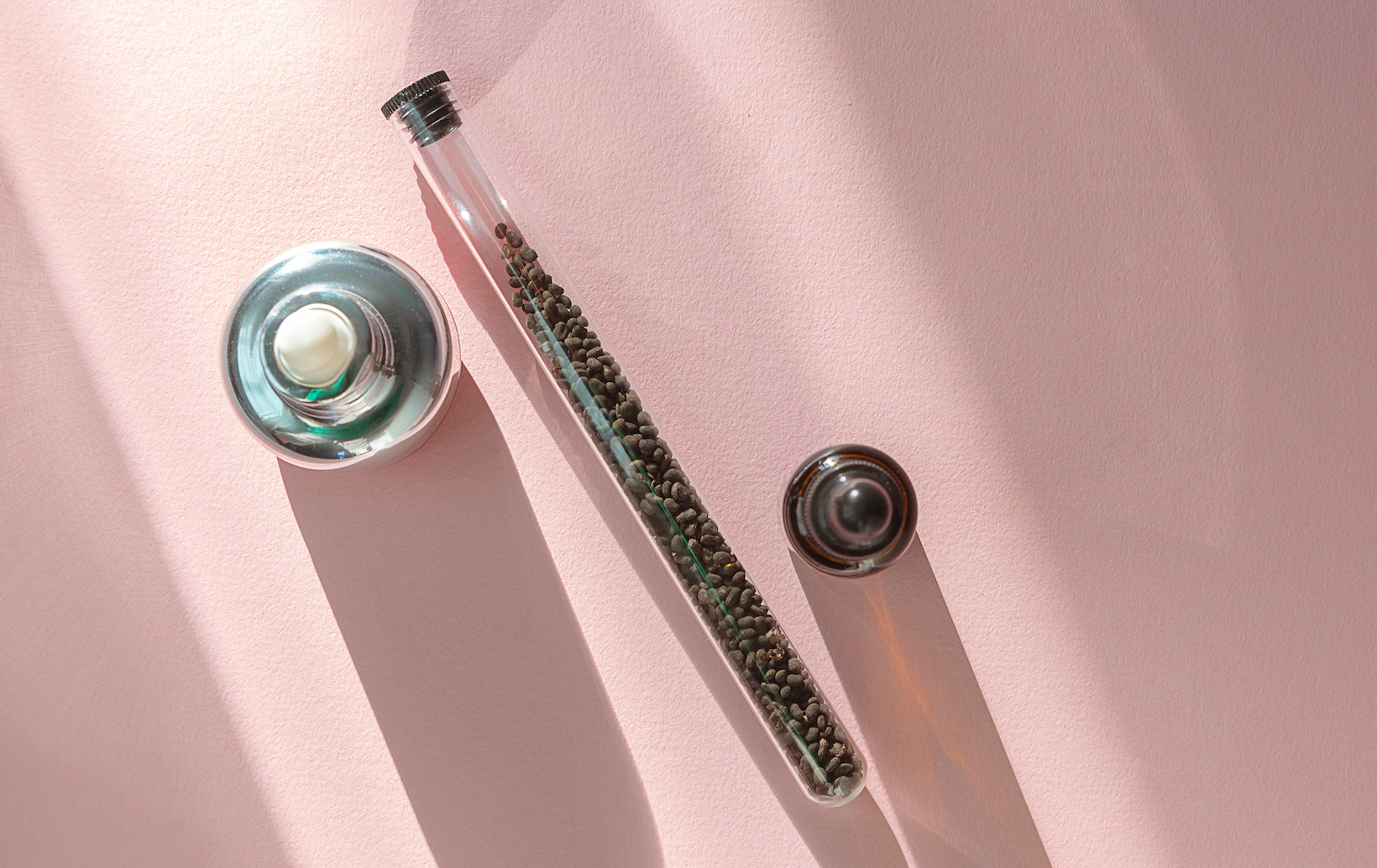There’s a good chance you’ve come across the term “retinoids” — tretinoin, adapalene, and tazarotene are just a few of the most common. In this blog, we’re going to take a look at the science behind retinoids, and answer some common questions about them, including “how do retinoids work for acne,” “what do retinoids do to your skin,” and “how do retinoids prevent wrinkles?”
What Are Retinoids?
Retinoids are a vitamin A derivative that is often found in skincare products. As we’ve discussed in previous posts, we believe that retinoids are great ingredients to add to anti-aging products, but they tend to be pretty harsh on the skin. For this reason, you’ll often see retinol in place of a harsh retinoid (and they are different). But, how do they work, and why are they so popular?
How Do Retinoids Work?
Retinoids are tiny molecules that slip between the cells in the epidermis to reach the dermis – and this is really why retinoids work so well. Where the antioxidant reaches is what makes retinoids so powerful. By reaching all the way down to the dermis, retinoids are able to neutralize free radicals and interact with critical components of our skin.
According to many research sources (like these: 1, 2, 3), retinoids actually trigger epigenetic changes, too (direct changes to the expression of genes and production of proteins that those genes code for). This is remarkable and helps shed some light on the amazing effects we’ve seen retinoids have on diverse conditions:
- Wrinkles
- Fine lines
- Acne
- Sun damage
- General hyperpigmentation
- Uneven texture
Next, we’ll take a look at how retinoids work for specific skin conditions and issues.
How Do Retinoids Work For Acne?
As this research article states, some of those DNA alterations have pathways in common with acne’s pathogenesis. So, at a cellular level, since retinoids critically change how the skin functions and produces proteins, some specific pathways can be repaired – thanks to retinoids. Furthermore, we know that retinoids help reduce inflammation, a key consideration in helping individuals prevent acne-related scarring.
Related: How To Add Retinoids To Your Routine
How Do Retinoids Prevent Wrinkles?
Remember those epigenetic changes we talked about above? Some of those changes happen to elastin and collagen-producing cells. As we age, collagen and elastin productions slow down and grind to a halt. However, retinoids can help our bodies replenish this production – albeit not back to their original rates. And, as we’ve discussed before, wrinkles and fine lines have collagen and elastin (and some other things) to blame!
Synthetic vs Natural Retinoids: What’s The Difference?
Generally speaking, synthetic and natural retinoids have the same chemical makeup at their core. However, synthetic retinoids tend to come in more concentrated, harsher suspensions. Synthetic retinoids may also contain unnatural “isomers” (mirror images) of retinoid molecules that act differently on the skin than natural isomers (after all, the skin has two different receptors for retinoids). If you usually prefer natural products over synthetic ones, we don’t blame you – we use all-natural retinoids in our gentle Tri-RetinX blend.
You’ll find this blend (which includes Bakuchiol) in our Face Serum and Eye Cream, the first two parts of our three-step “Dermacosmetics” system. So, go ahead and give retinoids a try; you might just love them as much as we do.





















Leave a comment